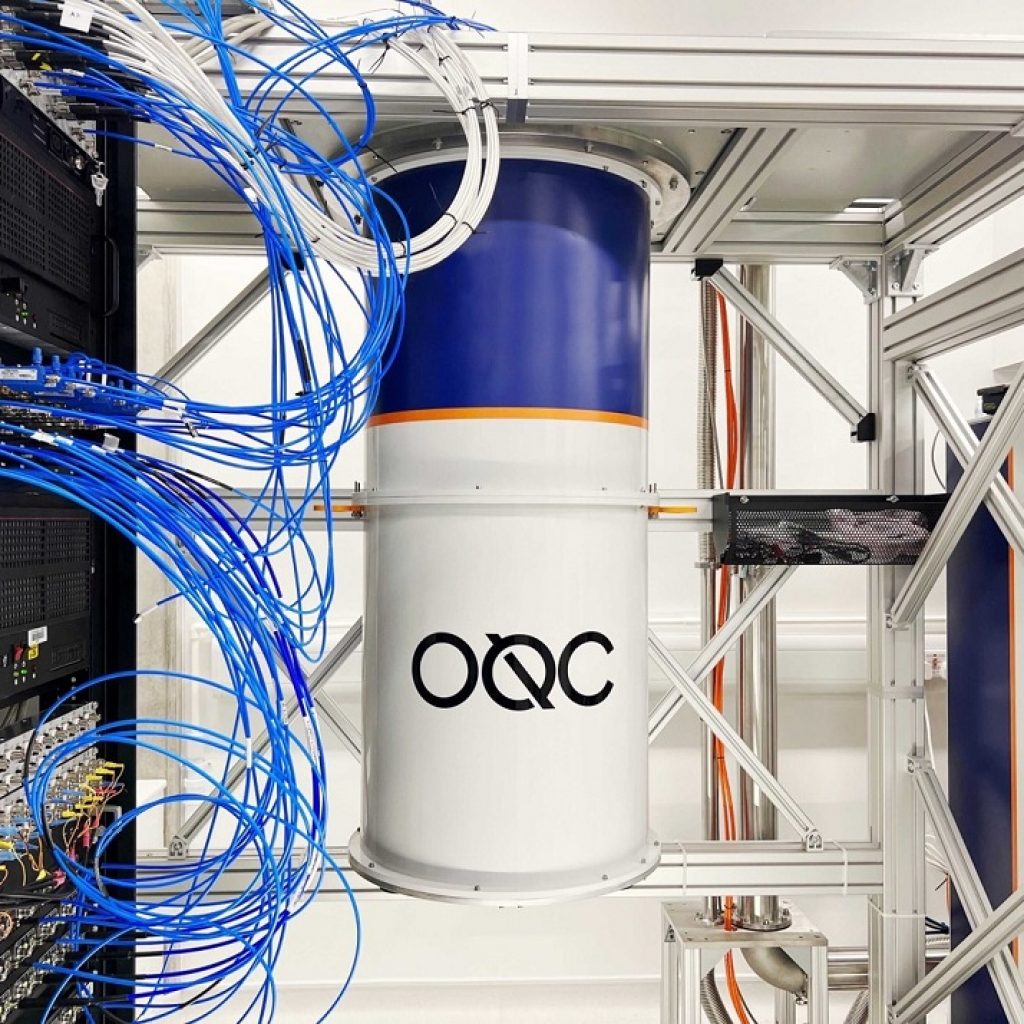Amazon Web Services announced that it is adding quantum processing units (QPUs) from Oxford Quantum Circuits and QuEra Computing to its list of hardware choices for its Amazon Braket quantum computing program.
The list of Amazon Braket QPUs already includes QPUs from IonQ, Rigetti and D-Wave. Access to the first publicly available QPU from Oxford Quantum Circuits (OQC) in the U.K. is expected to be available in the first quarter of 2022. This will expand the Amazon Braket service’s availability to AWS’ London Region (eu-west-2, marking its first availability in Europe.
The OQC system to be available on Braket will be Lucy, an 8-qubit QPU based on superconducting qubit technology, according to an AWS blog post, which further stated. “OQC’s quantum computers use their Coaxmon design, allowing the qubit control electronics to come from out of the plane into the third dimension of the chip. With this design, OQC simplifies the control electronics required to operate quantum computers to achieve better scalability for the large scale QPUs required for real world applications.”
Amazon also is planning 2022 availability of a QPU from QuEra Computing Inc based on Rydberg atom technology. “In this approach, qubits are implemented using individual Rubidium atoms which are trapped in an array of laser beams,” the blog post stated. “This enables QuEra to arrange the atoms in customizable 2-dimensional spatial configurations. Using an additional laser to excite the outermost electrons of these atoms to states with long range interaction (called Rydberg states), one can switch the interactions between atoms on and off.”
Amazon also said it had recently made progress n its work n error correction for quantum computing, saying in the blog post that the AWS Center for Quantum Computing “has demonstrated a ‘cat’ qubit that is robust against bit flip errors at the hardware level. These qubits saw a 3500x improvement in coherence time against bit-flip errors (~10 ms) compared to our previous result (~3 μs). By significantly lowering the incidence of bit flip errors we have more time to operate on the qubits, and can rethink how we implement future error correction codes, like the surface code, and eventually build logical qubits where the probability of an error is smaller than the probability of an error on the physical qubits. This should also lower the total number of resources required for a universal quantum computer. We aren’t there yet, but we now see a path towards this breakeven point using realistic target fidelities.”
